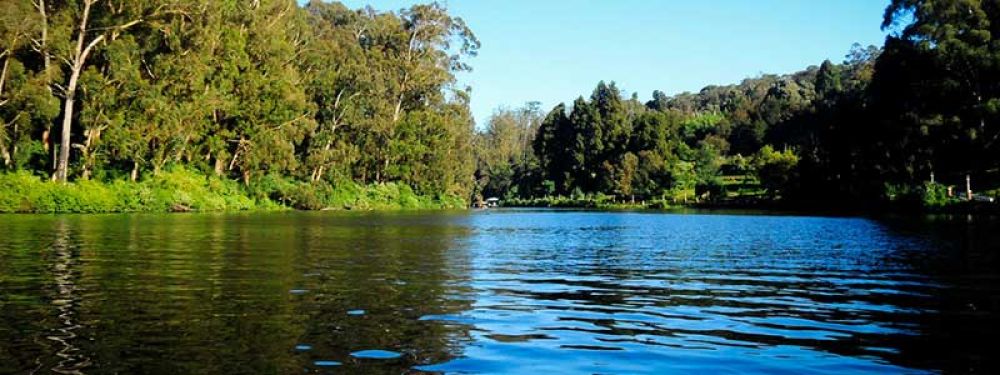

Ooty Lake, nestled in the heart of the Queen of Hill Stations, Ooty (Udhagamandalam), is a man-made expanse of water that has been a centerpiece of the town's tourism since its creation. The picturesque lake in the state of Tamil Nadu, India, has a rich history that dates back to the early 19th century.
It was in the year 1824 when John Sullivan, the then Collector of Coimbatore, conceived Ooty Lake as an irrigation tank. His vision led to the creation of the lake by damming the mountain streams flowing down Ooty valley. Though initially meant for fishing and to provide water to the town, it soon turned into a popular tourist spot.
During the British colonial era, Ooty served as the summer capital of the Madras Presidency. British officials and other high-ranking individuals sought refuge from the searing heat of the plains in the cool climes of Ooty, and Ooty Lake became an idyllic spot for their recreational activities. Boating was introduced to enhance the experience, making the lake a favored place for leisure and entertainment.
With the advent of the Nilgiri Mountain Railway in 1908, a UNESCO World Heritage site, tourism in Ooty surged, bringing more visitors to Ooty Lake. The train's romantic journey through the mountains further amplified Ooty's allure, creating a tourism boom.
Fast forward to the present, Ooty Lake has evolved to include numerous attractions. A boat house established by the Tamil Nadu Tourism Development Corporation offers various boating facilities, including pedal boats, rowboats, and motorboats. The surrounding area is now equipped with amenities like a garden, a mini train, and an amusement park, catering to both families and solo travelers.
Each year, the Ooty Summer Festival breathes new life into the town, and Ooty Lake plays a central role in the festivities with boat races and other events. It continues to be an indispensable part of the tourist circuit in Ooty, drawing nature lovers and photography enthusiasts from far and wide.
In recent years, eco-tourism has seen an upswing in Ooty and its surrounding areas. Travelers are increasingly seeking sustainable travel experiences, leading to the adoption of eco-friendly practices around Ooty Lake. Efforts to maintain the pristine nature of the lake are being emphasized, with initiatives to reduce pollution and conserve its natural beauty.
Furthermore, the area has seen growth in boutique hotels and homestays, offering personalized experiences in contrast to commercial hotels. Local cuisine, culture immersion, and nature walks are gaining popularity among tourists who seek authentic interactions with the destination.
Despite the ebb and flow of time, Ooty Lake continues to be a beacon of tranquility and historical charm, proving that some attractions can withstand the test of time and remain forever embedded in the hearts of travelers.